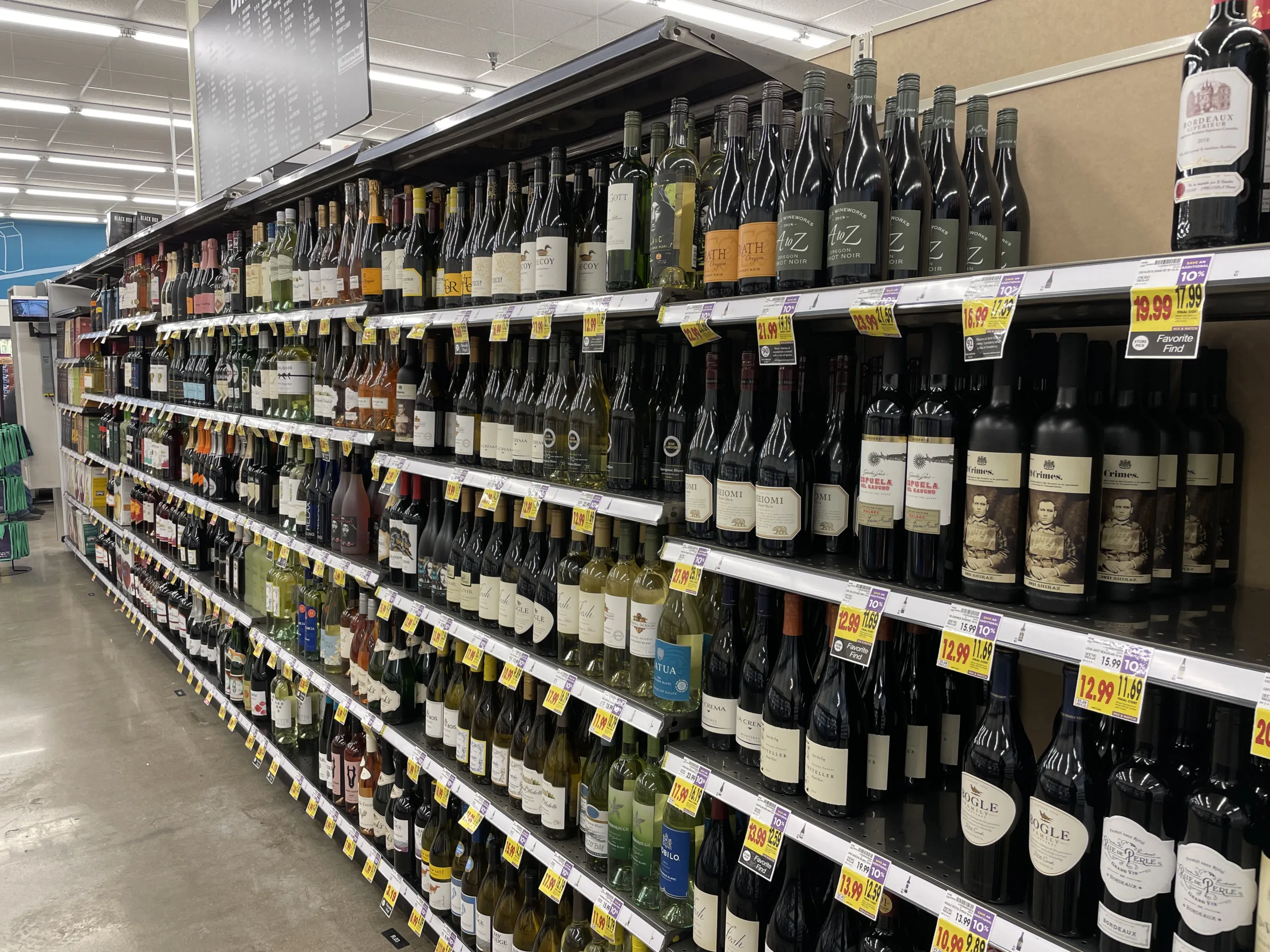CSU economists: Liquors stores may have to adapt to compete with wine, beer-selling grocers

FORT COLLINS — Last week, Colorado grocery and convenience stores began selling wine, opening up a large new channel of competition for the state’s liquor stores.
While this new competition is likely to take a bite out of liquor stores’ customer bases, a shift in strategy in favor of greater focus on spirits, craft beer and wine, and local and specialty offerings could keep retailers in the game, a new study from economics professors at the Colorado State University posits.
The study from Nathan Palardy and Marco Costanigro found that since 2019, when Colorado grocers began selling beer, visitations at liquor stores…
THIS ARTICLE IS FOR SUBSCRIBERS ONLY
Continue reading for less than $3 per week!
Get a month of award-winning local business news, trends and insights
Access award-winning content today!





